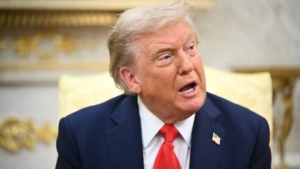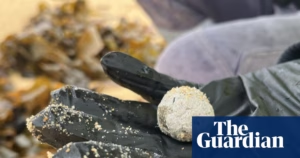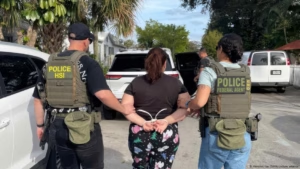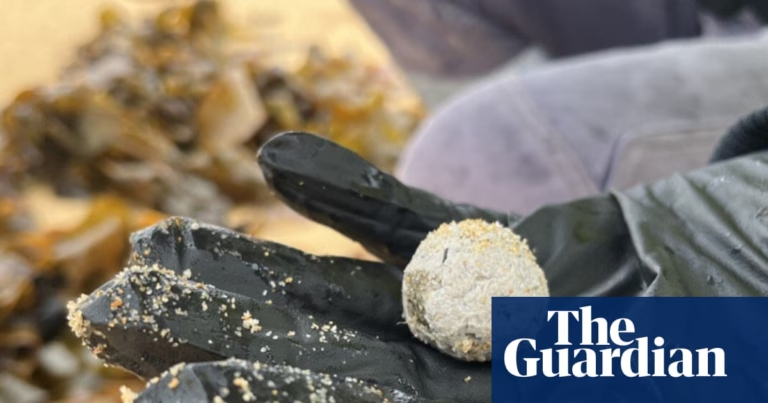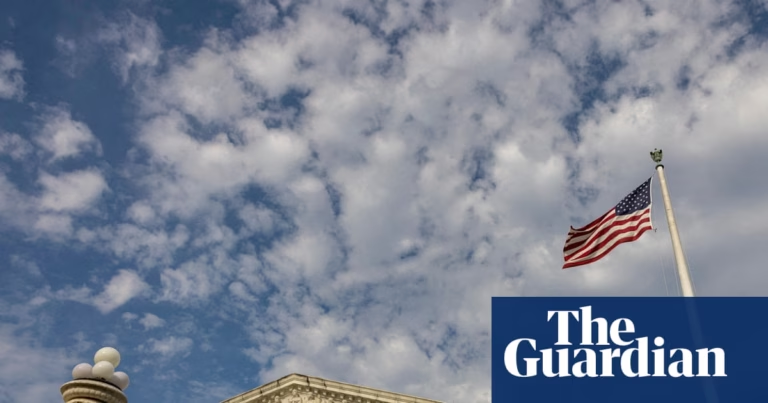Turkey’s anti-government protesters have been deliberating their options, following calls from the main opposition leader for weekly demonstrations, a burgeoning economic boycott, and increasing support from student protestors determined to maintain their street presence.
The Republican People’s Party (CHP) leader, Özgür Özel, has extended a boycott call to products and services from companies viewed as supportive of President Recep Tayyip Erdoğan, during a rally in support of Istanbul’s jailed Mayor, Ekrem İmamoğlu.
Özel denounced the Doğuş Group, a major Turkish conglomerate with connections to Erdoğan, stating that the group “will be buried underground, as it fears this gathering.” The group controls a vast array of interests including media, construction, energy, and entertainment sectors in Turkey.
The CHP leader also asked Turkish companies to refrain from advertising on pro-government media channels which have provided scant coverage of the protests and have aligned with Erdoğan’s portrayal of the events as “a movement of violence.”
The detention of İmamoğlu has triggered Turkey’s largest anti-government protests in years, involving nightly gatherings at Istanbul City Hall, increasing tensions with police. But as the opposition now advocates for an end to these demonstrations, the movement is considering alternative strategies.
The protest movement, though led initially by the CHP, includes diverse voices from political parties, students, and labor unions with varied demands including an end to the perceived erosion of democracy under Erdoğan and release of the Kurdish former presidential candidate Selahattin Demirtaş.
The movement has expanded to include the boycotting of various companies, affecting not just specific goods but also affecting the broader economic sentiment among the Turkish middle class.
Erdoğan has expressed his displeasure with the boycotts, accusing the movement of aiming to damage the Turkish economy. Despite the growing number of arrests, protesters remain defiant, seeing the boycotts as a necessary step and potentially a precursor to strike action. The government’s response, including the extension of public holidays and detentions, has failed to quell the protests, with participants determined to continue the fight.
Protesters argue that the boycotts have inflicted a symbolic blow, evidenced by scenes of riot police protecting the boycotted businesses. The movement, though challenged by the state’s heavy-handed response, shows no signs of abatement, with many considering this a pivotal moment for change in Turkey.
Source: https://www.theguardian.com/world/2025/mar/30/turkish-opposition-leader-calls-for-weekly-rallies-and-deeper-economic-boycott
